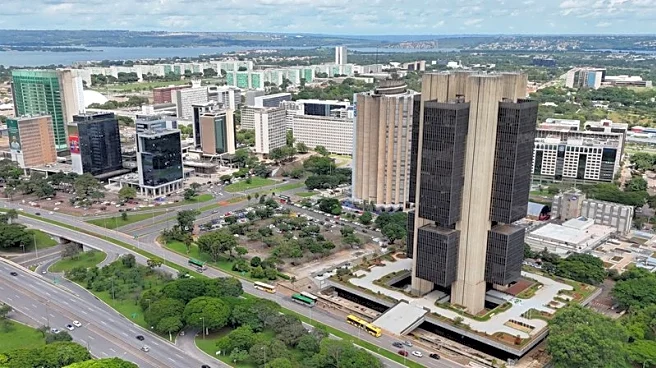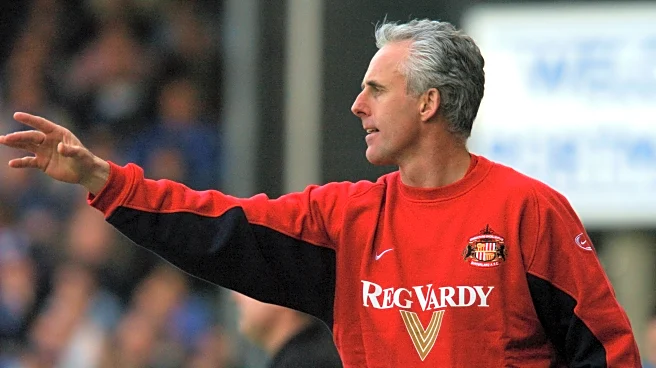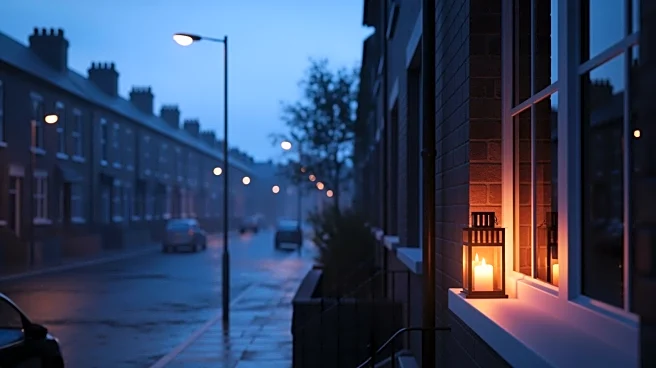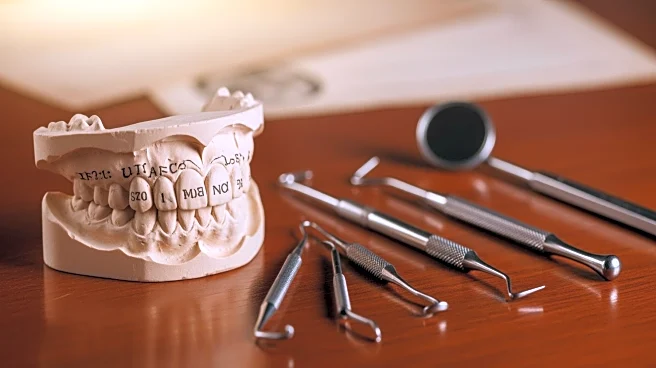By Gabriel Burin
BUENOS AIRES (Reuters) -Brazil's economic growth is forecast to have tapered off in the second quarter due to a pullback in farm output and softer industrial production, a Reuters poll of economists showed.
This would mark the beginning of a widely-expected slowdown for Latin America's No. 1 economy as high local interest rates hamper Brazilian companies' access to credit.
U.S. tariffs recently applied on Brazil at a hefty 50% rate, one of the most punitive, should only have a small
impact on the overall economy, although with a more visible hit in some sectors, particularly agriculture.
The economy likely expanded 0.3% on the quarter in April-June, well below the strong 1.4% rate of the first three months of 2025, according to the median estimate of 19 economists polled August 27-September 1.
On the demand side, "we anticipate a positive but light expansion of household consumption during Q2 and a decline in gross fixed capital formation," Goldman Sachs economists wrote in a report.
"Government consumption is expected to have recorded a small sequential increase, and the contribution of net-exports to growth to switch from a drag in Q1 to positive in Q2 driven by rising exports and declining imports."
In annual terms, gross domestic product is seen up 2.2% compared to a 2.9% rise in the first quarter. GDP data are scheduled for release on Tuesday.
Agricultural output likely contracted in the second quarter after a surge at the start of the year, an expected reversal in Brazil's farming cycle following the usual peak season of the sector.
Manufacturing also likely remained weak, offsetting a better performance in other components of the country's industrial sector like oil production, while services probably contributed modestly.
These trends were outlined in the central bank's monthly leading indicator which already accounted for the impact of its restrictive monetary policy to cool down inflation.
The second quarter "will likely show sub-potential growth but the risk is for zero or negative growth in the second half of 2025," UBS analysts wrote in a report.
"Despite the weaker second half, the high base from the first half of 2025 will still leave the annual average growth close to 2%, but with the year ending worse than it began."
A major downturn could be avoided if the government notches up public spending more than expected, as it did in some past years.
Analysts will be following closely President Luiz Inacio Lula da Silva's support measures for segments hurt by US tariffs and their effect next year, when Brazil will hold general elections.
(Reporting and polling by Gabriel Burin; Editing by Ross Finley and Toby Chopra)
















